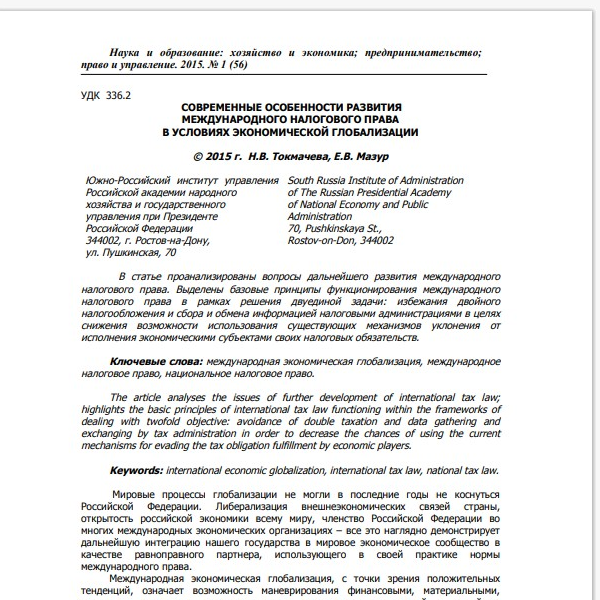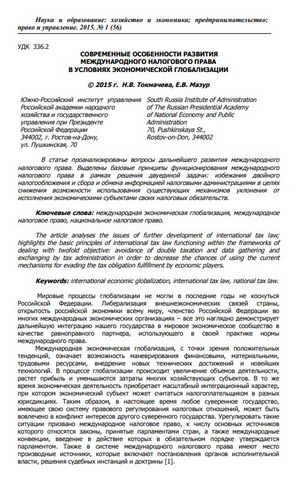Описание
Введение
Цель исследования, проведенного С.А. Кравченко, заключается в анализе воздействия цифровизации на общество и человека, а также в разработке концепции «цифрового поворота в социологии». Работа освещает проблему амбивалентных последствий цифровизации, таких как новые риски и метаморфозы, которые негативно влияют на социальные связи и жизненные миры людей. Актуальность данного исследования обусловлена необходимостью разработки новых подходов в социологии, что становится важным на фоне современных трансформаций, вызванных цифровыми технологиями.
Методология
В исследовании использованы междисциплинарные теоретические подходы, включая теории У. Бека, Ч. Перроу и И. Пригожина. Особое внимание уделяется интеграции существующих методов с новыми подходами, включая гуманистический поворот. Разработка методов анализа цифровизации основывается на необходимости синтеза знаний из различных областей науки для более глубокого понимания цифровых трансформаций и их последствий.
Основные результаты
Основные результаты работы подтверждают, что современная цифровизация приводит к возникновению сложных рисков и метаморфоз, воздействующих на разнообразные сферы жизни. Выявлены специфические характеристики цифровых рисков, такие как «делокализация» и «некалькулируемость». Кроме того, результаты подчеркивают важность создания нового типа цифровизации с гуманистическим акцентом, направленного на интеграцию культурных основ в цифровые практики.
Обсуждение и интерпретация
Авторы интерпретируют результаты как вызов для традиционных социологических теорий, подчеркивая возникновение новых форм социальной мобильности и индивидуальности в условиях цифровизации. Результаты исследования соотносятся с предыдущими исследованиями, демонстрируя как подтверждения, так и противоречия. Это указывает на необходимость пересмотра и расширения аналитических рамок в социологии.
Заключение
Основные выводы работы заключаются в том, что для эффективного анализа и понимания последствий цифровизации необходима интеграция технологий цифрового поворота с гуманистическими подходами. Практическая значимость исследования заключается в разработке рекомендаций для учёных и политиков по минимизации негативных последствий цифровизации. Ограничения исследования касаются необходимости дальнейшего изучения конкретных социально-экономических последствий. Будущие исследования могут сосредоточиться на разработке конкретных гуманистических практик в условиях нарастающей цифровизации.
Ключевые слова и термины
Ключевые слова: цифровизация, гуманистический поворот, риски, метаморфоза, социальные изменения, социальная мобильность, новые технологии.
Библиография
Кравченко С.А. Вестник РУДН. Серия: СОЦИОЛОГИЯ. 2019. ת. 19. № 3. С. 397—405; Бек У. Мир на грани риска. Кембридж: Полити Пресс; 2010; Кастельс М. Восход сетевого общества. Оксфорд: Вили- Блэквелл; 2010; Прингоин И. Конец уверенности. Нью-Йорк: Фри Пресс; 1997.


Отзывы
Отзывов пока нет.